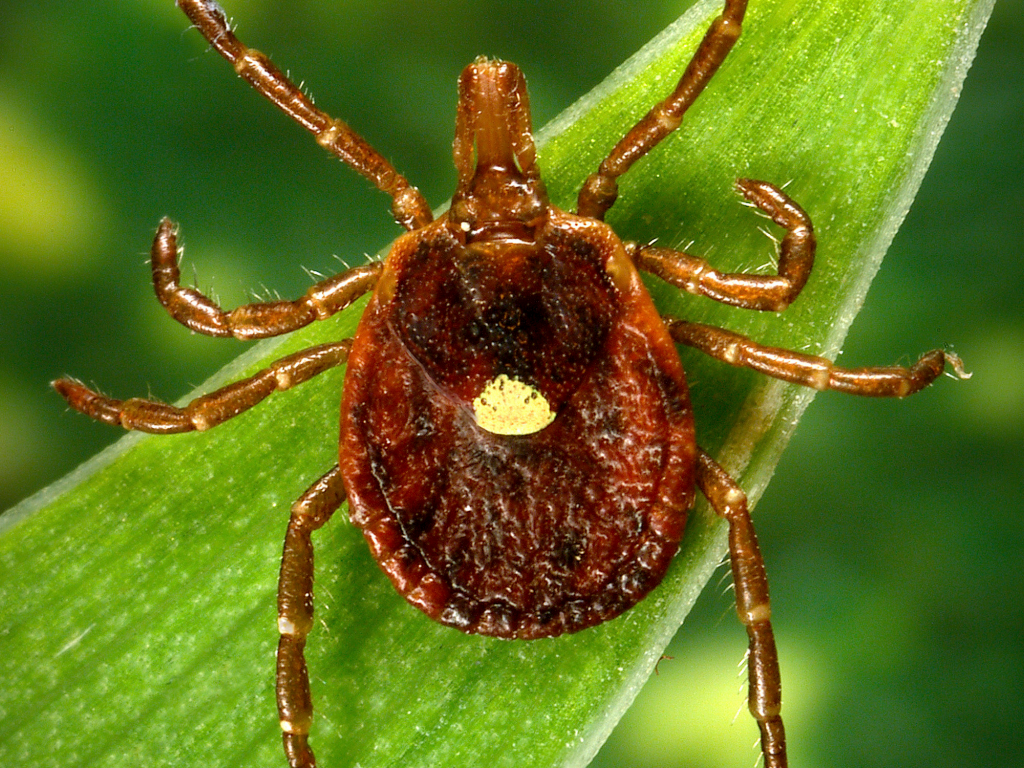- The lone star tick is spreading a mysterious meat allergy in parts of the US.
- The tick is local to the Southeast and has spread to the Northeast and Midwest.
- Its bite may cause alpha-gal syndrome, an acquired allergy to red meat and other animal products.
A growing number of American adults have developed an unusual allergy to meat and other animal products due to the bites of an aggressive tick species.
People with alpha-gal syndrome (AGS) typically report allergic reactions, from hives and stomach troubles to full-on anaphylaxis, hours after eating pork or beef. The symptoms might seem random for individuals who have never had issues with meat in the past, but scientists have identified a common thread: the lone star tick.
Experts have been studying the tick connection since 2009, when the first cases of AGS were described in medical literature. Researchers figured there must be a common inciting event that caused the allergy to develop, especially given that early cases were clustered in the Southeastern US.
The lone star tick is a common pest in the region, accounting for more than 90% of tick bites in the Southeastern states by some estimates. The species has spread up the Eastern seaboard and to the Midwest in recent years, leaving cases of AGS in its wake.
More than 34,000 cases of AGS were reported between 2010 and 2018. Experts say more cases are being reported each year, including some individuals who developed such a severe allergy that even the smell of cooking meat could set off a reaction.
The allergy is linked to a molecule found in animal fat and muscle
Alpha-gal syndrome is often referred to as a red meat allergy, as most affected individuals report reactions after eating pork or beef. However, some people with AGS react to a wider range of animal products.
Amy Shea, a woman in Georgia, told local news station CBS46 that she had an upset stomach and broke out in hives about an hour after having a bite of a pot roast. She said she went into anaphylactic shock upon arriving at the emergency room. Since that incident, even the smell of meat cooking at a barbecue is enough to trigger a reaction for Shea.
Shea has a severe case of AGS, so she's sensitive to other animal products aside from meat. The alpha-gal molecule is found in the muscles and fat of most mammals — except for humans and other primates — and trace amounts make it into dairy products or gelatin derived from animals.
For people like Shea, who are highly sensitive to alpha-gal, the syndrome is all the more disruptive to normal life. Shea told CBS she can't eat any animal products, and she also has to check soap and cosmetic packaging for collagen and other animal-derived ingredients.
Another odd feature of AGS is its onset: while most food allergy symptoms appear immediately after ingestion, an AGS reaction may occur hours after someone eats meat. This poses a problem, allergist Scott Commins told Sarah Zhang for the Atlantic, because, "at 2 a.m., no one really in the ER thinks to ask what you had for dinner at 8 p.m."
Tick season spans from early spring to late fall
Health officials across the US have warned the public about the start of tick season, which typically spans from early spring to late fall. The lone star tick is especially aggressive during that time, according to the US Centers for Disease Control and Prevention.
The CDC recommends people prevent the spread of tick-borne illnesses, like AGS and the more common Lyme disease, by avoiding tick bites. Ticks thrive in grassy, brushy, and wooded areas, so make sure to perform a thorough check for bugs after going outside. You can also buy tick-treated clothing or EPA-registered insect repellent.

